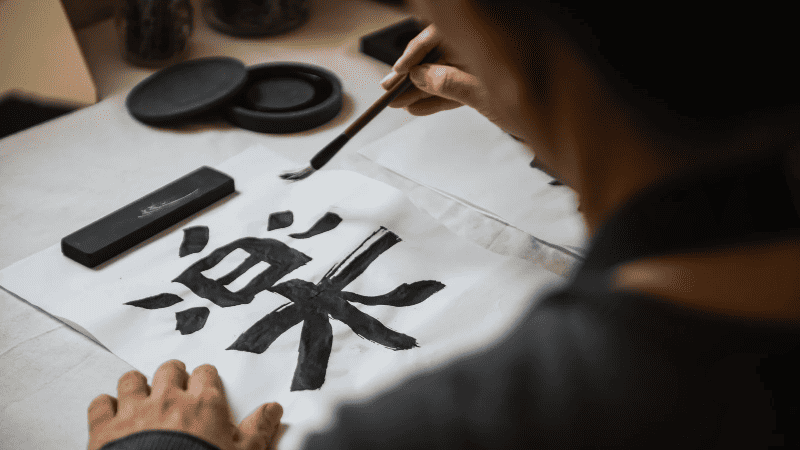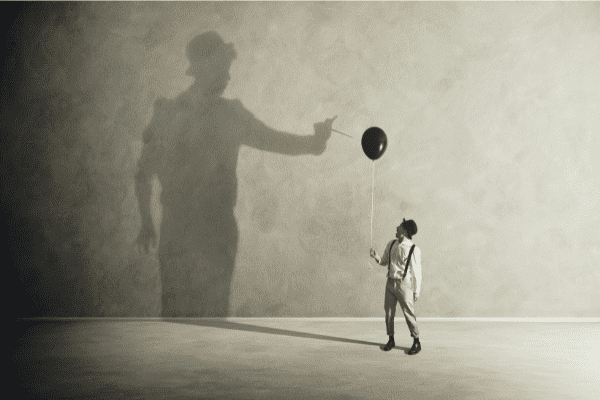Master your skills with Shuhari
On the path to mastery, whether in martial arts, craft or any other area of learning, there is a path that goes beyond the mere acquisition of skills. This path is summarized in the profound Japanese concept of Shuhari, a philosophy that describes the stages of learning from strict adherence to tradition to welcoming innovation to finally transcending conventional boundaries. While deeply rooted in the martial arts, Shuhari offers a universal concept for growth and mastery that applies to all disciplines and encourages learners to constantly evolve.
TL;DR
Shuhari (守破離): A concept in martial arts that describes the stages of learning to mastery. It begins with adherence to tradition, moves on to innovation and finally to breaking free and overcoming the rules.
The term shuhari is made up of three kanji characters: 守 (shu), 破 (ha) and 離 (ri). Each character represents a specific phase on the learner's path. The first phase, Shu, focuses on preservation - the thorough learning of the basics, techniques and rules. This is about laying a solid foundation and respecting the wisdom of the past. This phase is about planting a seed and making sure it has the right conditions to grow.
As learners' understanding deepens, they move into the Ha phase, which is about disengaging or letting go. This is where they begin to question and explore beyond traditional methods, experimenting with new techniques and applying knowledge in innovative ways. This phase is crucial for fostering creativity and adaptability and reflects the philosophical tenets of critical thinking and self-reflection found in Socratic dialog and the dialectical method, where questioning and challenging the status quo leads to deeper insights.
The last stage, Ri, stands for transcendence or separation. At this point, learners have internalized the teachings so deeply that they transcend them and develop their own style or method. This stage is reminiscent of the concept of 'flow' in positive psychology, where one is completely absorbed and operates beyond conventional boundaries, often leading to peak performance and breakthrough innovation. You can find an article on the topic of flow here.
Shuhari not only shows the path of individual growth, but also embodies the dynamic nature of knowledge and tradition. He recognizes that true mastery involves a cycle of learning, unlearning and relearning that allows the discipline itself to evolve. This philosophy encourages not only to repeat, but to contribute to the living body of knowledge and expand the boundaries of what is possible.
Those who incorporate the principles of Shuhari into their personal and professional lives are invited on a journey of continuous learning and growth. It teaches that adherence to tradition is the starting point, not the destination, and that true mastery lies in breaking away from the known to explore and create the new. Those who engage in this dynamic process of preservation, innovation and transcendence can master the complexity of their goals with wisdom, creativity and the courage to break new ground.
What do you think of this concept? Feel free to share your thoughts in the comments.
Incidentally, there are many other Japanese concepts that we would like to introduce to you. Here, for example, you can find an article about Yutori, which teaches us serenity.







